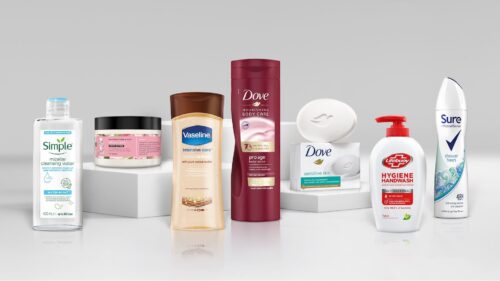
The move is designed to meet growing consumer demand for greater transparency about the environmental impact of cosmetics and improve the information available so they can make more sustainable choices.
With the aim of co-designing a brand-agnostic approach which provides consumers with clear and comparable environmental impact information, based on a common science-based methodology, the coalition is inviting other global cosmetics companies and industry associations to collaborate with them.
The voluntary assessment methodology and scoring system will be ‘guided by and articulated around’: a common method for measuring environmental impacts throughout the life cycle of products; a common database of environmental impacts of ingredients and raw materials; a common tool that enables brands to calculate the environmental impact of individual products; a harmonized scoring system to allow consumer to easily compare products.
“It is possible for the cosmetics sector, as has happened in other sectors, to build a scientific environmental impact assessment of their products, based on a full life cycle assessment,” comments Philippe Osset, an expert in the application of life cycle assessment to eco-design and consultant for the European Commission and AFNOR. “It requires a cross-industry pooling of knowledge and expertise, particularly concerning the environmental impact data; this is exactly what the consortium founding members are embarking on.”


